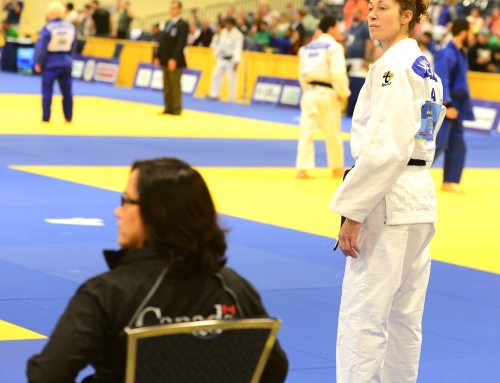Dear PT,
At our annual summer family reunion, our crew made a pact to run a half-marathon together in January to support our local children’s hospital. I admit: It was my idea – the former college athlete who still thinks he’s invincible. Apparently I was slightly overzealous – my joints are yelling at me with every training run and I feel like a snail. My teenage grandson says it probably has something to do with my gray hair. Maybe he’s right. What should I do to make sure I can lead my family to the finish line?
Downright Discouraged Dan
Hi, Dan,
Don’t fret. You can conquer this goal! Often the key to making your fitness last through the years is simply adapting your physical and mental approach to matching your training and your life situation. The demands and expectations for your life are much different today than when you were a college athlete. Here are some simple tips that should make a positive impact on your preparation for the half-marathon.
Plan ahead. With work, family and increased responsibility, proper planning for exercise often takes a backseat. Workouts get fit in whenever convenient, which usually doesn’t allow for adequate time for important components like stretching, fueling and recovery. Try to sit down at the beginning of each week and plan your training (when, where, resources needed, etc.) to minimize the chance that unexpected obstacles will get in your way and increase the likelihood of consistent, structured training.
Change it up. As our bodies change with age, our durability can also change, particularly with repetitive activity. While you may have been able to run seven days per week as a young gun, you might not be able to hold up to the repetitive activities in the same way now. Consider using cross-training activities, such as bike, yoga or Pilates, swimming and pool running, to add variety to your week. Not only will you continue to build your fitness, but your body will thank you for the change in pace.
Listen to your body. Your body is smarter than you may think! Pain and fatigue are ways that our bodies communicate their needs. If your body starts talking to you more than the expected post-workout soreness, it’s better to take a few days off to recover than push through, especially as we get older. If your symptoms persist, it might warrant seeking the opinion of a medical provider.
Remember: You’re still an athlete. You can conquer any goal with a good plan (and the extra motivation from that grandson!).
# # #
Laura Stanley PT, DPT, SCS, is a physical therapist at Proaxis Therapy in Durham. She enjoys running, coffee and anything that involves friends, sports and fun. Her passion is working with athletes to help them reach their maximum potential.





